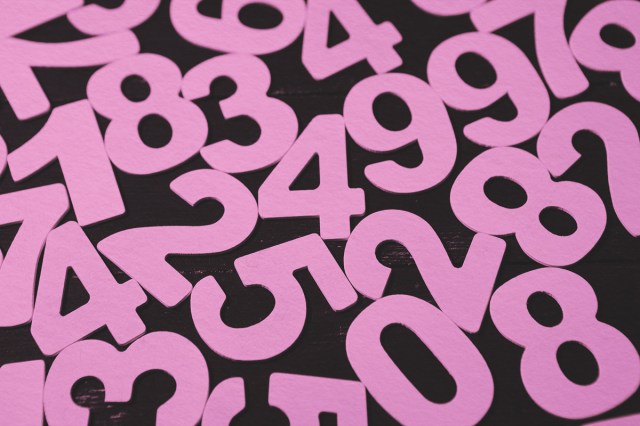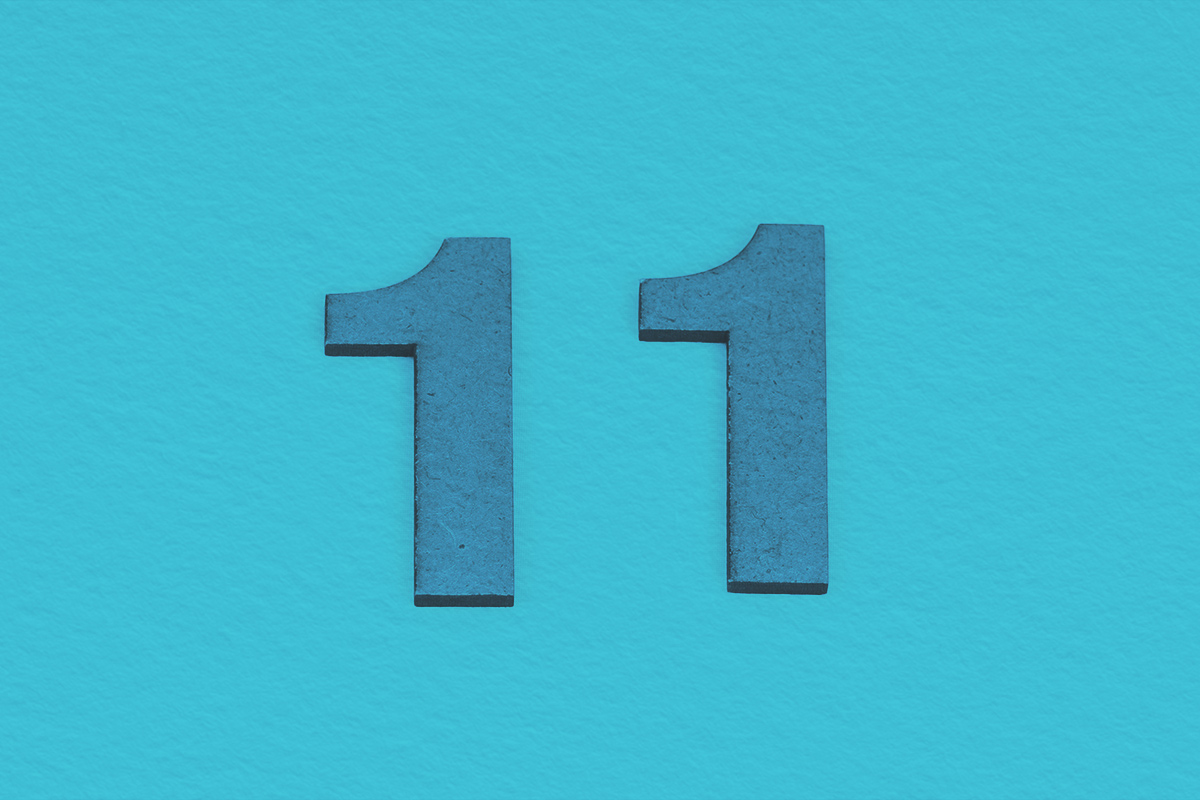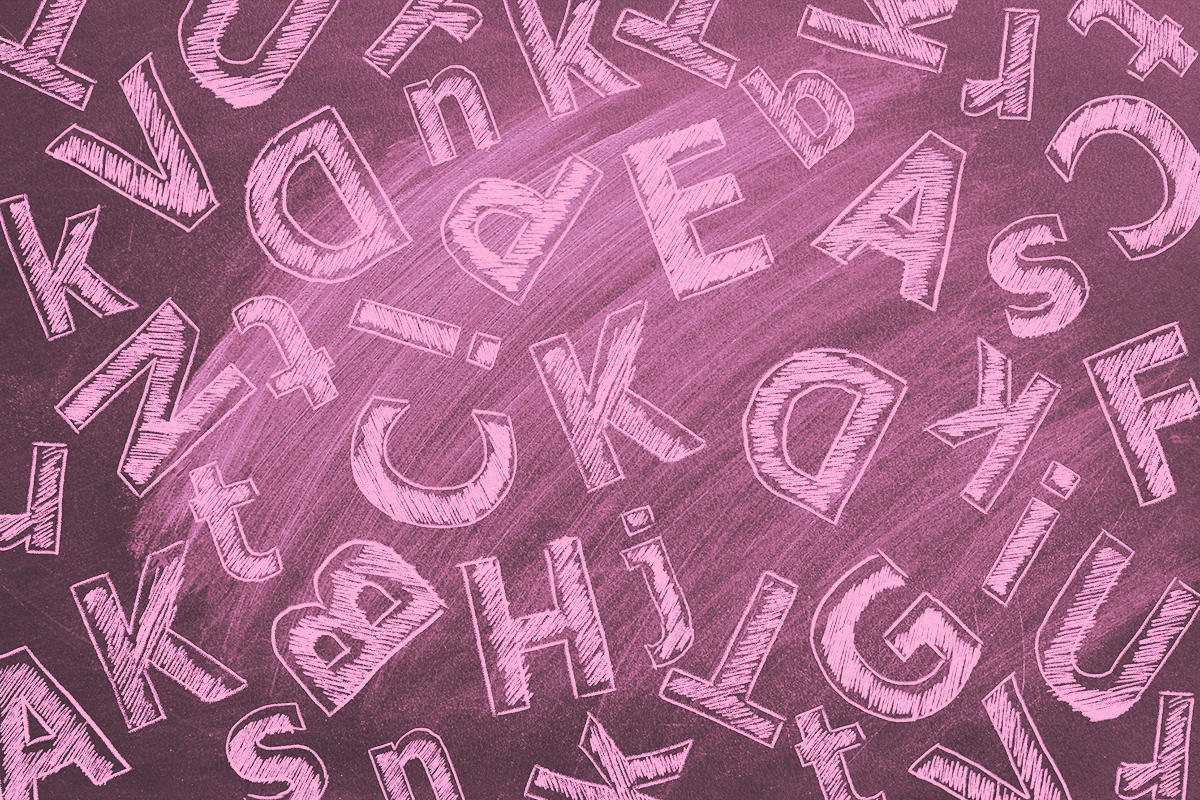
The concept of doing business back in the Middle Ages is difficult for the modern mind to comprehend. They didn’t accept Apple Pay, credit cards were still centuries away, and merchants were likely to charge you amounts such as “twelfty.” This odd-sounding term comes from the Old English “hundtwelftig,” meaning “20 past 100.” In other words, it’s how folks in the Middle Ages referred to the number 120.
While the English-speaking world primarily uses a base-10 counting system today, there was a time when early Germanic peoples used base-12. This put emphasis on multiples of 12 such as 120, 1,200, and so on. In a 1993 academic paper, historian Julian Goodare explains how “twelfty” was predominantly used from the early Middle Ages through the middle of the 17th century. It was part of the duodecimal system in which people counted by 12s rather than 10s.
Goodare adds that “twelfty” was also referred to as the “long hundred” (compared to 100, which was called the “short hundred”). Similarly, the number 1,200 was known as the “long thousand.” But in the latter half of the 17th century, base-10 superseded the duodecimal system. In turn, the word “twelfty” became less popular and fell into disuse.
Despite the terms’ fade into obscurity, the words of this archaic counting system may very well have caught the attention of author J.R.R. Tolkien centuries later. In The Fellowship of the Ring, he coined the phrase “eleventy-one” to describe Bilbo Baggins turning 111 years old. Given that Tolkien was a widely respected and well-educated linguist, this reference may have been a clever nod to the word “twelfty.”

















